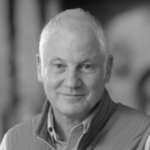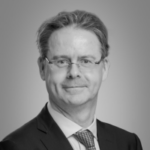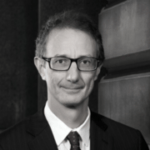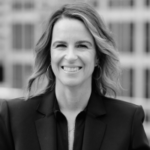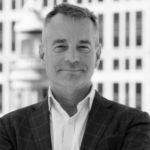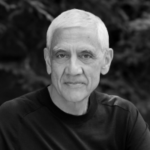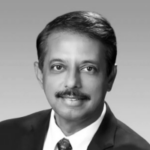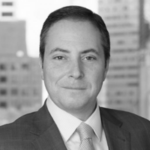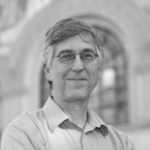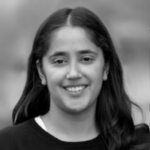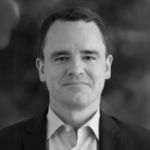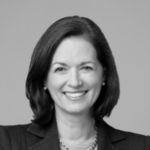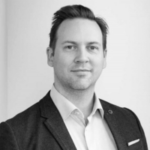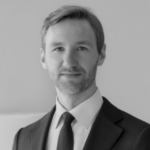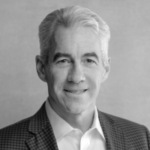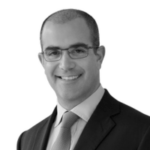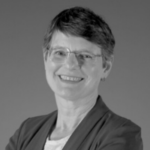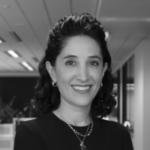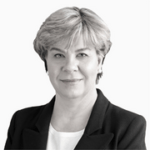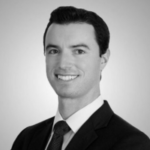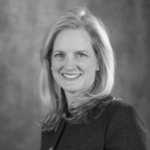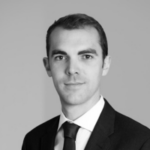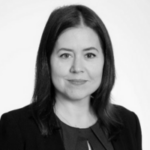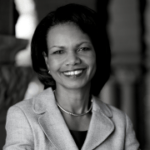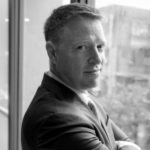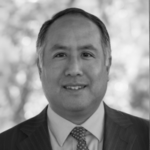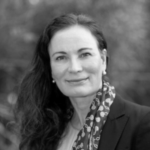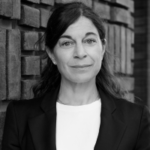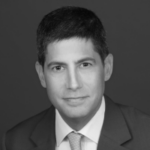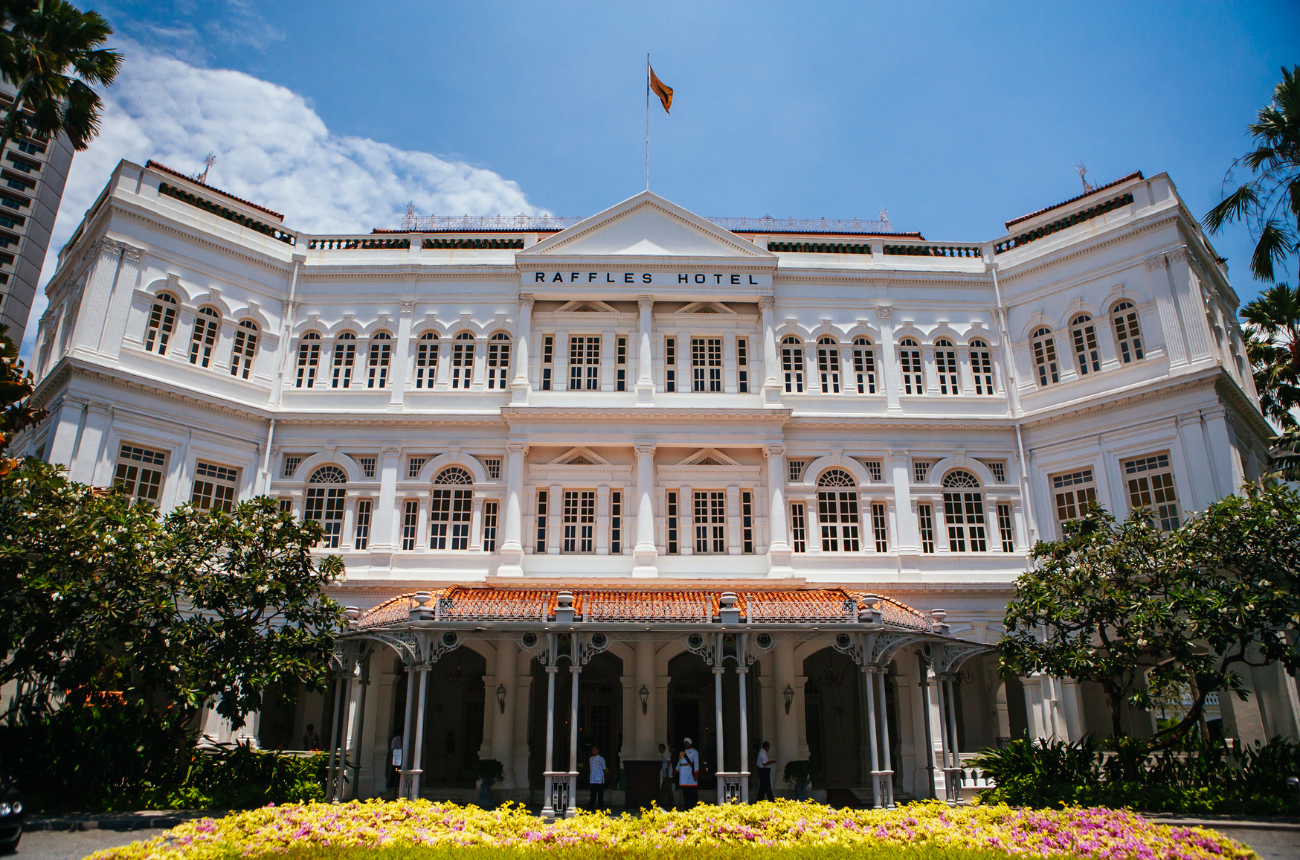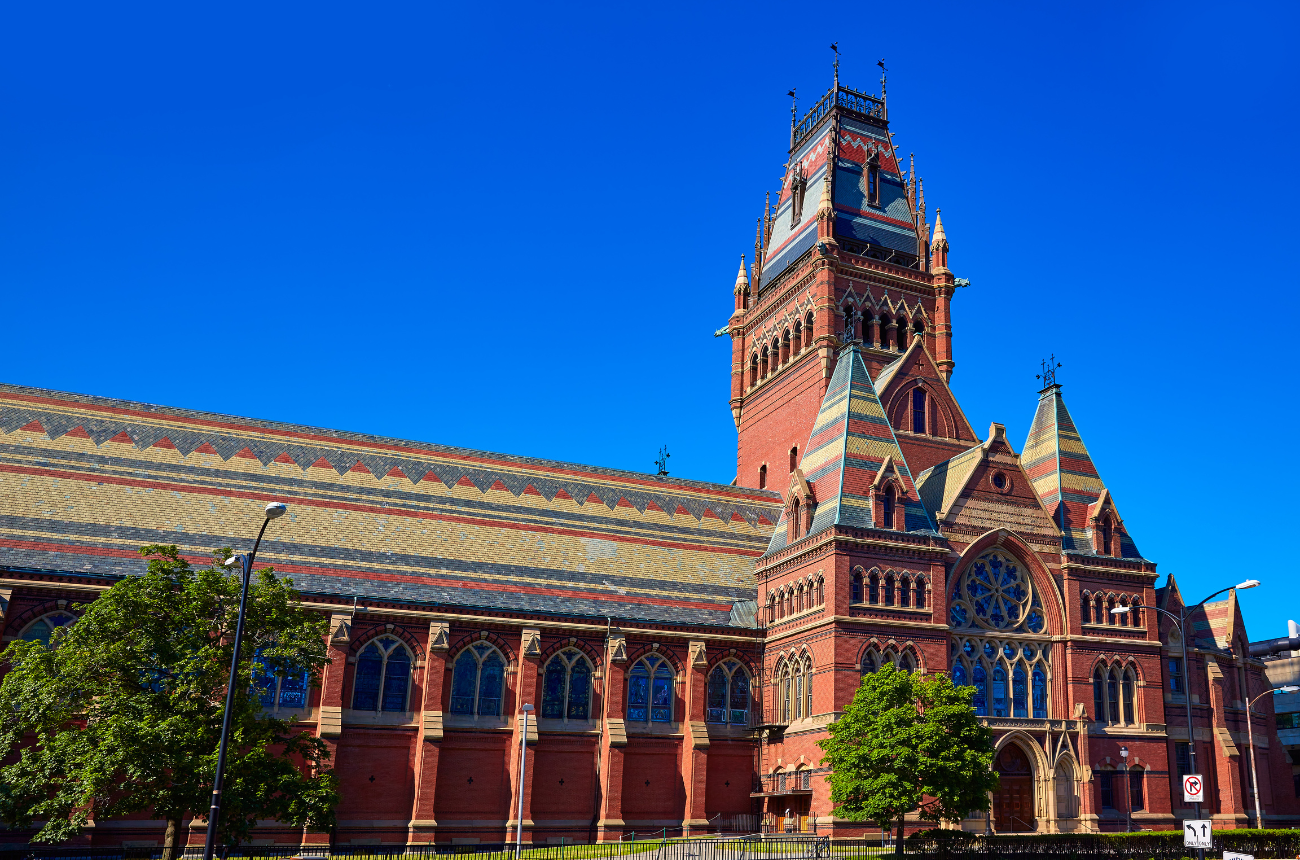Registration and light lunch
Welcome
This opening fireside chat with Jonathan Levin, the 13th President of Stanford University, will tackle the complex and shifting economic landscape facing asset owners. As a renowned economist, and the 10th dean of the Stanford Graduate School of Business, he will explore the implications of geopolitical uncertainty, macroeconomic trends, policy responses and emerging risks.
Long-term investors are facing a new geopolitical and macroeconomic environment which threatens the foundation of traditional portfolio construction. Capital flows are shifting as globalisation gives way to modern mercantilism, changing the outlook for traditional asset classes. This panel will consider how investors can build more resilient portfolios in an environment of greater uncertainty and volatility.
Includes table discussion
Rising geopolitical tensions are reshaping traditional portfolio construction, prompting investors to reassess the role of US assets and evaluate opportunities across regions. This session will reveal how various opportunities across other regions stack up given the potential impact of tariffs, a declining US dollar, and shifting capital. It will include the outlook for real assets, including infrastructure and renewables, and which type of assets and regions remain attractive in the face of changing political cycles.
Afternoon tea
Legendary venture capitalist Vinod Khosla will share insights gained over decades of early-stage tech investing. His long track record includes investments in companies such as Google, Amazon, Square, Stripe, Affirm, and DoorDash, and his VC firm was the first to invest in OpenAI. Khosla will draw on this vast experience to discuss what he looks for in companies with world-changing potential, emerging tech trends, and how he manages the sector’s high attrition rate.
Tech companies have driven sharp gains across the US share market in recent years. Meanwhile, governments are hoping that AI and tech will drive a surge in productivity and tackle rising debt levels. This expert panel will dissect the underlying drivers propelling listed tech companies, whether that success can continue, and where the next wave of innovation will come from.
Professor Kotkin – one of the world's foremost experts on geopolitics and authoritarian regimes – will provide his latest insights into the fast-changing state of world affairs. Rising tensions across geopolitical fault lines have significant potential to create market shocks as the Trump administration continues to redefine the role of the US on the world stage. As the era of peak global free trade comes to an end, Professor Kotkin will unpack this new global landscape and the implications for asset owners.
Welcome function
Registration and coffee
Welcome
Artificial intelligence is set to affect almost 40 per cent of jobs around the world, replacing some and complementing others, according to the IMF. The implications for the global economy are profound. This panel of experts will unpack the latest advances in AI, identify trends, and discuss how asset owners can capitalise on AI-driven growth opportunities while navigating the risks.
The artificial intelligence revolution has been occurring against a backdrop of modern mercantilism, rising fiscal deficits, and a realignment of the geopolitical order. This conversation will explore using the best of human and machine intuition to make sense of the shifting landscape and how Bridgewater is applying cutting-edge AI technology to better navigate markets.
Morning tea
Technology is not just reshaping the investment landscape, it is powering institutional portfolios in a range of new ways. AI is being used to improve portfolio management, risk assessment, and trading execution, but the potential comes with a range of risks, from model decay, herd behaviour in algorithms, and the challenges of validating complex models. While direct, large investments in cryptocurrencies remain nascent, digital assets are increasingly becoming part of the mix. Asset tokenisation is allowing 24/7 instant transfers using cryptographically protected digital wallets, while yields can be accrued in real-time to the second. Stablecoins are transforming cross-border trade and collateralising wallet-based finance and derivatives trading. This panel will delve into these evolving areas of financial technology and their transformative impact on institutional investment strategies.
Includes table discussion
In this session, Norges Bank Investment Management opens the hood on its in-house AI engine, revealing the way it has transformed and empowered the organisation. The technology is now a fundamental part of portfolio analysis, bolstering transparency about the way internal portfolio managers and external managers add value. It will also delve into how organisations can adapt and train staff, as well as challenges and future plans.
Lunch
This session will put AI numbers into perspective around the predicted rise in energy required to power AI. It will examine energy use, greenhouse gas emissions, and water consumption across AI's full lifecycle and discuss the potential for AI to unlock significant resource efficiencies across the economy. Like previous general purpose technologies, AI could shift the world's economic operating model, and potentially even reduce energy production by optimising other sectors.
An extra $30 trillion of investment is needed by 2050 to meet net zero targets, according to the World Economic Forum. This presents a key opportunity for long-term asset owners, but the sector is not without risks. This panel of investors will discuss why they are still committed to the climate transition in an increasingly fractious political landscape, where they are investing, and how they are managing the embedded risks within their current portfolios.
Afternoon tea
Digital infrastructure is transforming the world and data centres are at the heart of the revolution. AI is driving unparalleled demand for data storage, processing power, and energy. This session will unpack the drivers of digital infrastructure returns in the context of escalating valuations and a politically uncertain climate transition. It will also delve into the sector’s long-term sustainability as ongoing innovations continue to make many long-standing business models obsolete.
Includes table discussion
The US economy faces a huge infrastructure funding gap. The pressure is building as energy grid demand skyrockets in the face of booming demand from the rise of AI and data centres. But while the private sector successfully owns and operates some infrastructure, it remains effectively cut out of others, such as airports, which remain in state, local, or municipal hands. Is there a better way? What are the paths to unlocking new infrastructure investing and driving growth? Among other things, the panel will examine the Australian and UK models of long-term capital collaboration and asset recycling.
Transfer from Stanford Faculty Club to Sheraton and The Westin
Transfer from Sheraton and The Westin to Cantor Arts Centre
Conference dinner Cantor Arts Centre
Transfer from Sheraton to Stanford Faculty Club
Welcome
Secretary Condoleezza Rice dealt with an array of complex issues during a time of geopolitical upheaval as the 66th US Secretary of State under President George W. Bush. She will draw on those experiences, as well as her background in business, including as a member of the board of directors of AI software company C3.ai and investment firm Makena Capital Management, to provide valuable insights about the state of the world and the intersection of business and politics.
Chinese leader Xi Jinping is waging a proxy war in Europe via Vladimir Putin, and is preparing to foment a crisis in the Taiwan Strait. Xi is also laser-focused on beating the United States in the race to strategically wield artificial intelligence, which promises to be one of the most consequential and disruptive technological advances in human history. In this presentation, Matt Pottinger will examine Xi Jinping’s economic, technological, and global strategy and look at the wild swings in US President Donald Trump’s own policy toward China, from his attempt to impose a near-total embargo on Chinese trade in April, to his current pursuit of a major trade deal that would integrate the two economies even more tightly. He will discuss where US policy in China will likely swing in late 2025 and beyond.
Morning tea
The role of investors have become more challenging as several global macro forces shift the foundations of traditional portfolio construction. The role of the US is changing in an increasingly fracturing geopolitical landscape, the promise and threat of AI remains an open question, while the climate transition continues. This panel of investors will discuss how they are considering these issues to build more resilient, yet high-performing portfolios.
Stanford academic and former Federal Reserve governor Kevin Warsh is one of the frontrunners to succeed Jerome Powell as US Federal Reserve chair in 2026. In this keynote address, he will share his exclusive insights into the Fed’s evolving role, macroeconomic leadership, and what this current time of geopolitical change means for long-term investors.

